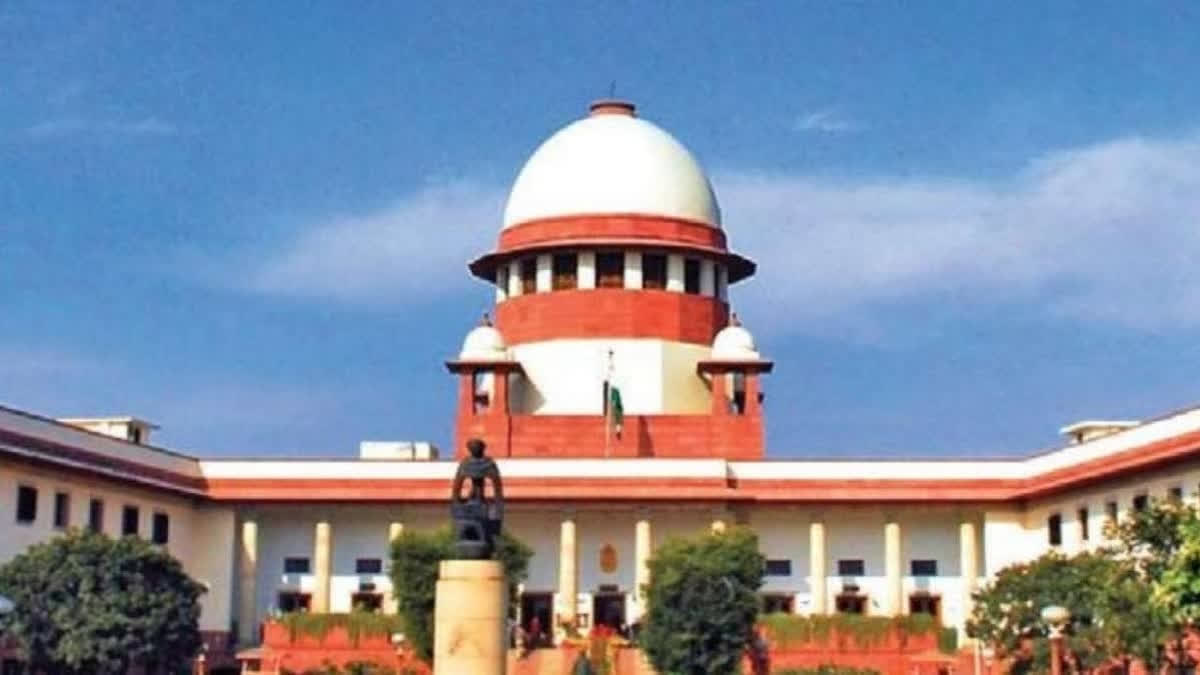New Delhi:The Supreme Court has acquitted a woman accused of killing her newborn baby, saying that although there is a requirement by law to disclose the aspects required to adjudicate in a criminal matter, such duty cannot unreasonably and unwarrantedly step over the fundamental right of privacy. The apex court said thrusting upon a woman the guilt of having killed a child without any proper evidence, simply because she was living alone in the village, reinforces the cultural stereotypes and gendered identities which this court has explicitly warned against.
The apex court was dealing with an appeal filed by a woman challenging the Chhattisgarh High Court judgment, passed in April 2010, which upheld her conviction and life imprisonment sentence passed by the trial court in July 2005.
A bench comprising justices Abhay S. Oka and Sanjay Karol considered two questions in the matter: To what extent does the right to privacy shield the matters concerning the personal life of a woman accused of committing a crime, particularly when the prosecution has failed to discharge its duty?
The second question: To what extent are the rights or duties of the accused to explain the incriminating circumstances appearing against them in a statement under Section 313 of the Code of Criminal Procedure?
Justice Karol, who authored the judgement on behalf of the bench, said that awarding the punishment of life imprisonment requires due appreciation of evidence and cannot be awarded mechanically and in a perfunctory manner. He said what must be considered is whether the convict-appellant has no right of privacy of not disclosing the prosecution or the court as to what happened to her child which she was carrying in her womb, particularly when the prosecution failed to discharge the initial burden and onus of establishing the deceased, in any manner to be related to the accused?
The bench further queried isn't it, inherent in a lady the right of confidentiality and privacy in matters concerning her personal life, of not disclosing any circumstances, as may be required by law?
Justice Karol said in searching for answers to the questions above, it is pertinent for us to intervene when structures of injustice and persecution deeply entrenched in patriarchy are destructive of constitutional freedom. “The right to privacy is the underpinning of human dignity and is fundamental to the realization of human rights”, he said, adding that the right to privacy is regarded as one of the most crucial human rights in the contemporary day.
He said in many different countries and civilizations, privacy is cherished and the essence of a woman's fundamental right to equality and privacy, regarding private matters of bodily and psychological integrity is the ability to make autonomous decisions about her own body and reproductive choices. “It is entirely within the realm of privacy of a woman to decide whether or not to bear a child or abort her pregnancy (within the framework of law)”, said justice Karol.
Also read-"Troublesome, some being appointed & some not...", SC on delay in judges’ appointment
